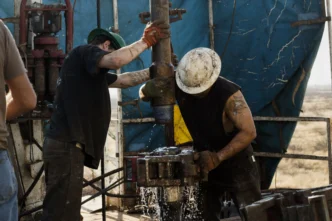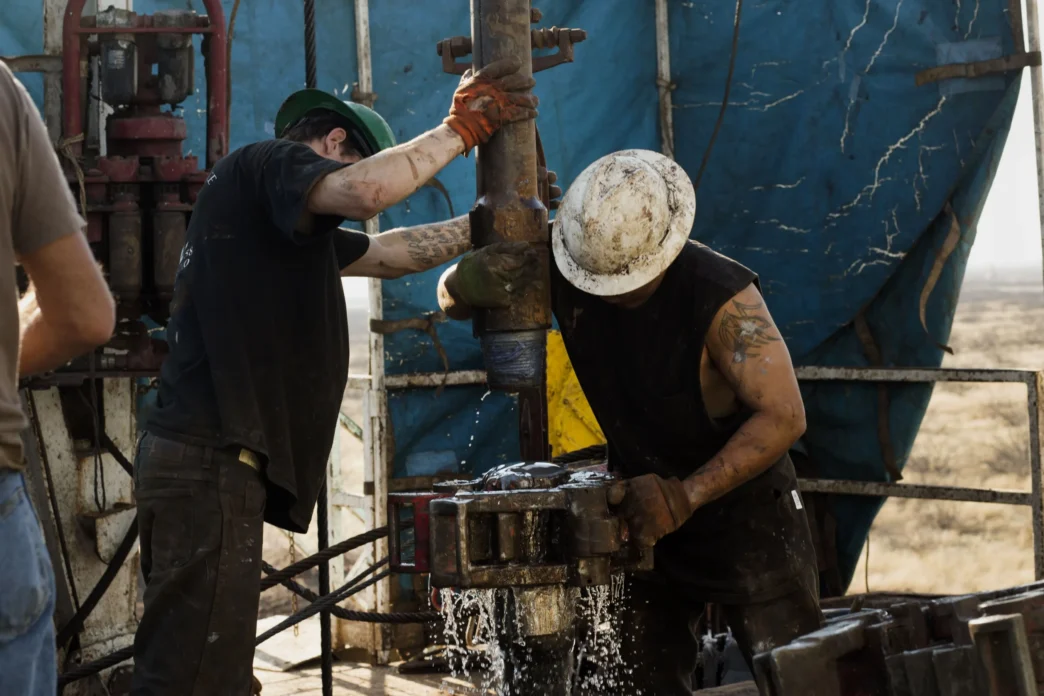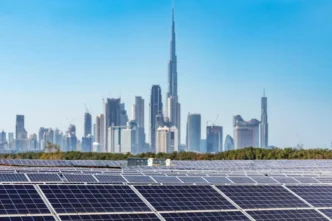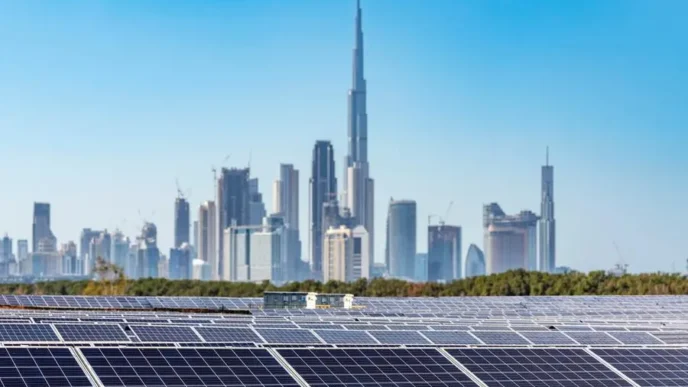As the world grapples with rising energy demand and shifting geopolitics, several nations with substantial shale oil and gas deposits are moving aggressively to assess, develop, and commercialize these resources. Saudi Arabia, Argentina, China, Canada, and Algeria are among the countries eyeing shale as a way to enhance energy security, diversify their energy portfolios, and gain influence in global markets.
The Shale Boom: Global Players Step Forward
Shale oil and gas, extracted through hydraulic fracturing (“fracking”), has transformed the energy landscape over the past two decades, particularly in the United States. Now, other countries are seeking to replicate that success:
- Saudi Arabia: Traditionally focused on conventional oil, the kingdom is exploring shale to extend its production capabilities and hedge against long-term global demand shifts.
- Argentina: Home to the massive Vaca Muerta formation, Argentina is ramping up investment to monetize one of the world’s largest unconventional oil and gas resources.
- China: Facing growing energy needs, China is accelerating shale development in regions such as Sichuan Basin, aiming to reduce reliance on imported LNG and oil.
- Canada and Algeria: Both countries are assessing shale resources to complement existing conventional reserves and strengthen energy export potential.
Together, these nations represent a geopolitical and economic pivot toward unconventional hydrocarbons, signaling that shale is no longer a U.S.-centric phenomenon.
Economic and Strategic Motivations
The drive to develop shale is fueled by both economic imperatives and strategic considerations:
- Energy Security: By tapping domestic shale reserves, countries can reduce dependence on imports and insulate themselves from volatile global markets.
- Export Potential: Shale production opens the door for exports of LNG, crude oil, and refined products, offering new revenue streams and geopolitical leverage.
- Market Diversification: Nations with shale reserves aim to hedge against fluctuations in conventional oil prices and expand influence in global energy supply chains.
- Technological Advancement: Developing shale requires advanced extraction technology, stimulating local expertise and investment in energy infrastructure.
“Shale offers not just energy, but a strategic advantage in global markets,” said Javier Morales, an energy analyst focused on Latin America. “Countries that move quickly can secure both economic benefits and geopolitical leverage.”
Challenges to Shale Development
While the potential is enormous, shale extraction comes with significant hurdles:
- Technical Complexity: Fracking in regions like Vaca Muerta or China’s Sichuan Basin is more challenging than U.S. formations due to geology and water availability.
- Environmental Concerns: Hydraulic fracturing can pose risks to water supplies, trigger seismic activity, and generate greenhouse gas emissions.
- Capital Intensity: Developing shale requires large-scale investments in drilling, infrastructure, and logistics.
- Regulatory and Political Risks: Local opposition, policy uncertainty, and global energy transitions can complicate long-term planning.
These factors make shale a high-stakes endeavor, where success depends on technology, capital, and supportive regulatory frameworks.
Regional Snapshots
Saudi Arabia: Known for its conventional oil dominance, Saudi Arabia is exploring shale primarily in the northwest and eastern regions. Shale could complement existing production and provide flexibility amid fluctuating OPEC+ dynamics.
Argentina: Vaca Muerta is estimated to hold billions of barrels of recoverable shale oil and trillions of cubic feet of natural gas. Argentina is courting international investors and joint ventures to develop the field, which could transform the nation’s energy landscape.
China: With rising domestic energy consumption and reliance on imports, China is focused on extracting shale gas to power industrial growth, reduce air pollution, and diversify its energy mix.
Canada and Algeria: Both countries are evaluating shale opportunities to supplement conventional production, enhance export potential, and attract foreign investment.
Global Market Implications
The expansion of shale reserves beyond the United States could reshape global energy markets:
- Increased Supply: More shale production could ease global energy shortages and moderate price spikes.
- Geopolitical Shifts: Nations that control large shale reserves may gain leverage in negotiations and energy diplomacy.
- Competitive Pressures: U.S. shale producers may face competition from new entrants, potentially altering global pricing dynamics.
- Energy Transition Balance: While shale contributes to fossil fuel supply, its development intersects with the global push for cleaner energy, raising questions about long-term sustainability.
“Shale is a double-edged sword,” said Ming Zhao, a Beijing-based energy strategist. “It boosts energy security but must be balanced with environmental responsibilities and the transition to renewables.”
Conclusion: The Race for Shale Dominance
As Saudi Arabia, Argentina, China, and other nations move to unlock their shale resources, the global energy map is undergoing a quiet but significant transformation. The push for shale is not just about energy—it is about economic resilience, strategic influence, and positioning in a rapidly evolving global market.
Countries that develop their shale reserves efficiently and responsibly stand to gain both energy security and geopolitical leverage, while those that falter risk falling behind in the global energy race.
The shale era, once dominated by the United States, is now becoming a truly global phenomenon, with implications for markets, politics, and the environment alike.
















